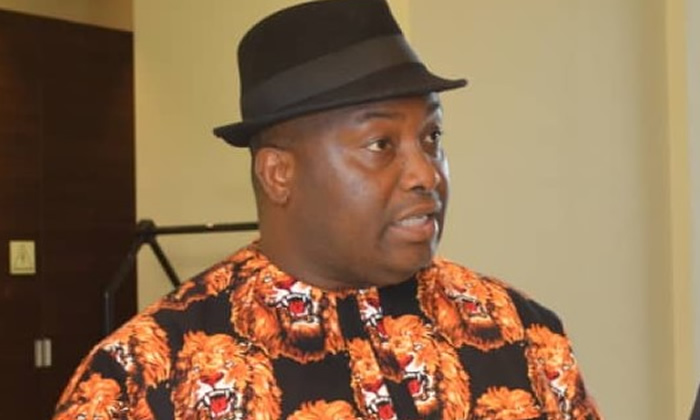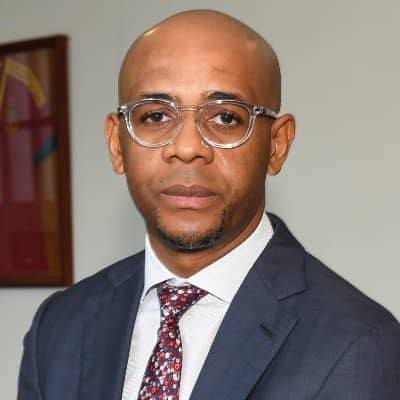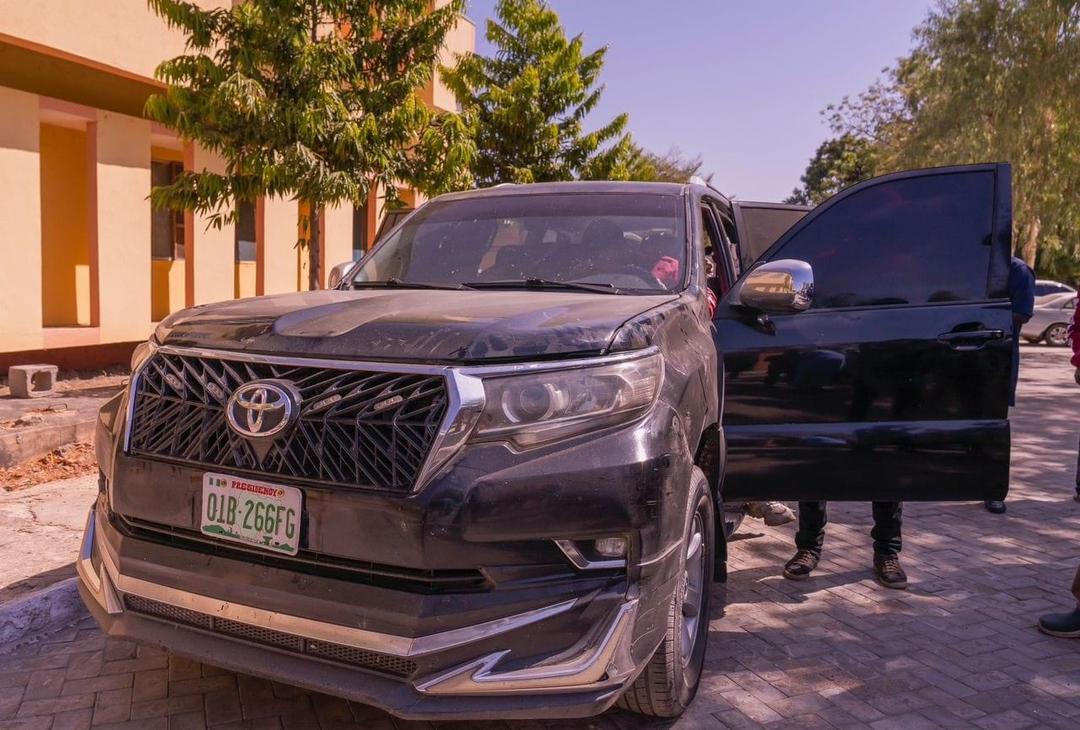On a quiet morning in a small town in Port Harcourt, a teacher prepared to deliver an online lesson to her students.
For many of them, this was their only gateway to knowledge, especially in the wake of evolving digital education.
But as she logged on, there was no signal. Frustrated, she restarted her device, but nothing changed. Her story was one of thousands that day.
Elsewhere, in a bustling Kaduna hospital, a doctor reached for his tablet to pull up a patient’s file stored in the cloud. The connection dropped.
The pharmacy downstairs, which had just switched to a digital inventory system, couldn’t process prescriptions. In that moment, lives were caught in a web of silence.
What happened?
Unseen by most, a group of vandals had damaged a critical telecom cable, just one of many attacks across the country. These cables may seem ordinary, but they are lifelines.
They carry voices, data, dreams, and transactions. Each time one is cut, someone is disconnected, from family, from business, from emergency services, from education, from hope.
The Nigerian Communications Commission (NCC) has raised the alarm, again.
Telecom infrastructure sabotage is not just a crime against property; it is a crime against progress. These actions paralyze businesses, hamper government services, and jeopardize lives. And the cost? It runs into billions of naira, lost not just in repairs but in economic opportunity.
Nigeria is reported to have over 79,000 kilometres of fiber optic cables laid across the country. Though far from being sufficient to meet the country’s broadband needs these cables have been the subject of vandalism and theft.
In 2023, the NCC stated that over 50,000 cases of destruction of fibre optic cables and other telecommunication infrastructure had been reported.
The Commission’s Q2 report for 2023 noted that fibre optic infrastructure vandalism contributed to over 30% of all reported network outage incidents.
A source from the regulator informed me that telecommunication companies face an average of a total of 1,600 cuts per month.
Reports from telecommunication companies buttress this disturbing trend. The recent one from MTN Nigeria notes that damages to three of its fiber cables were due to the activities of a construction company, gas pipe installation and bush burning respectively.
These cable cuts are one of the major reasons we experience downtime in telecommunication services.
For instance, report shows that in 2022 alone, over N13 billion was spent by Mobile Network Operators, InfraCos, and other Service Providers in fixing damages to fibre cuts and other telecommunication infrastructure. In 2023, this amount rose to N14.6 billion.
In the same report, operators in the telecommunications sector faced revenue losses amounting to N12 billion in both 2022 and 2023 due to customer compensation, site relocations and fibre resilience costs.
Yet, the damage is not irreversible.
Across Nigeria, citizens are beginning to understand that safeguarding telecom infrastructure is a shared responsibility. Community leaders are educating residents.
Vigilant youths are alerting authorities. Some states are passing stricter laws against infrastructure vandalism.
 Dr. Aminu Maida, EVC/CEO of NCC
Dr. Aminu Maida, EVC/CEO of NCCThe NCC, in its wisdom, continues to campaign vigorously, on radio, on social media, SMS and through engagements with stakeholders, urging Nigerians to see telecom infrastructure as critical national assets.
 Telecom Equipment Vandalism | CNII | Source: LinkedIn/NCC
Telecom Equipment Vandalism | CNII | Source: LinkedIn/NCC“Damaging telecom infrastructure affects us all—from access to healthcare and mobile banking to education and staying connected with loved ones.
“Over 50,000 cases of vandalism have been reported in the last five years.
Let’s protect the network that connects us. Report any suspicious activity to protect@ncc.gov.ng or call 622”, NCC posted on LinkedIn.
Well, this is beyond telecom issue. It is a story about nation-building.
We are living in a digital era where connectivity defines everything, healthcare, education, security, innovation. If we protect our roads and bridges, why not the invisible networks that make our economy run?
So, the next time you see a telecom mast, fiber cable line, or base station, remember: it’s more than steel and wires. It’s someone’s job, someone’s education, someone’s emergency call. It’s your own future.
Let’s guard it like our lives depend on it, because they do.
*[Got a Story for us? Email: Info@Techeconomy.ng | Contact Business@Techeconomy.ng TODAY, let’s tell your brand story]
![]()
The post Telecom Infrastructure Vandalism: Tale of Broken Connections and NCC’s Call to Action appeared first on Tech | Business | Economy.

.png) 12 hours ago
2
12 hours ago
2












.png)



 English (US) ·
English (US) ·